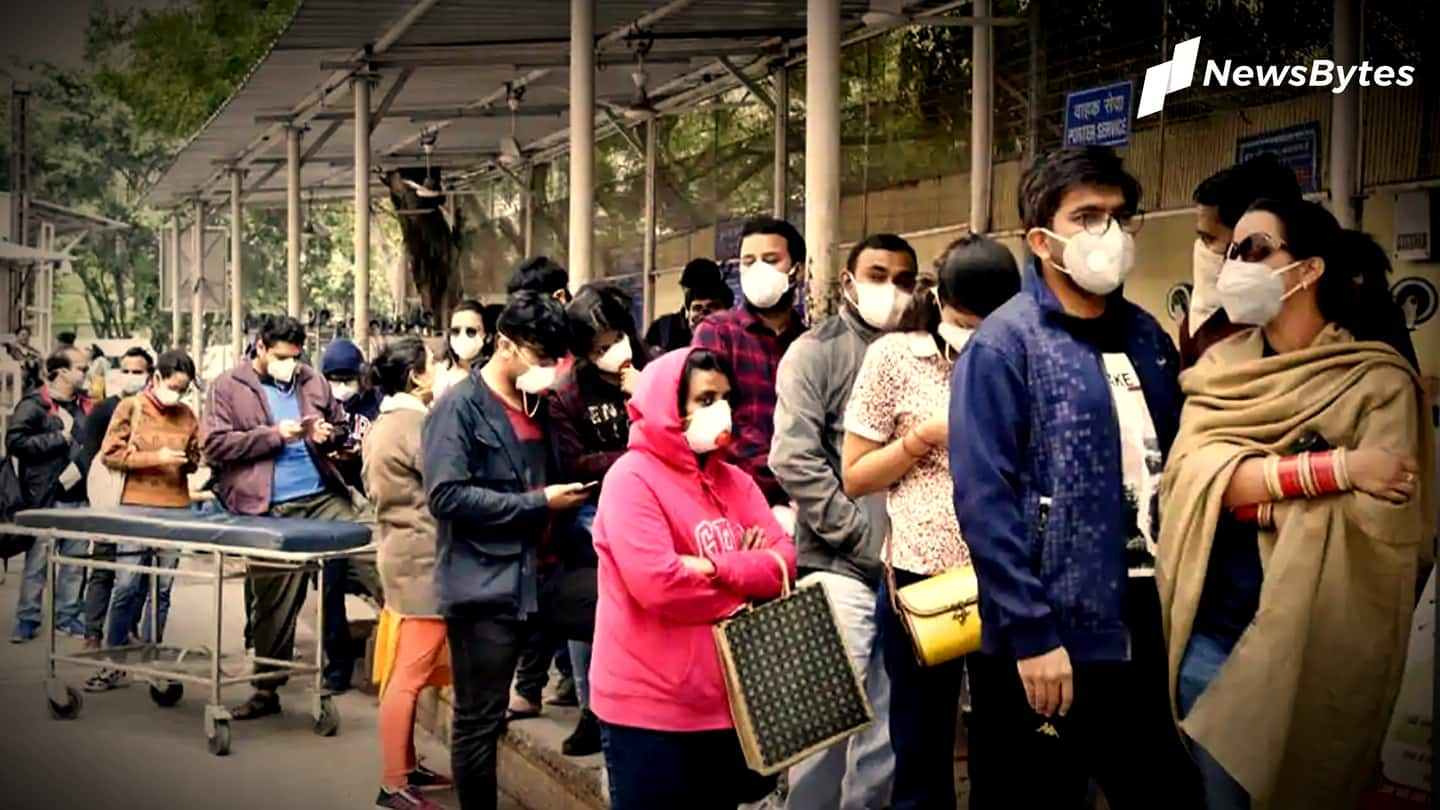
26% Indians already infected, hence immune to COVID-19: Thyrocare study
What's the story
Even as COVID-19 continues to keep most of India home-bound, the crisis, worst to be seen in a century, is nowhere near an end. Every passing day, tens of thousands of cases are surfacing in the country, and now, a report from a leading private lab has suggested that 26% of the population might have already been infected. Here is more about it.
Report
Antibody study report from Thyrocare
Dr. A Velumani, the MD of Thyrocare Labs, has told Reuters that the data from serological tests, conducted by his organization on about 2.7 lakh people, shows that 26% Indians (average) have already contracted the novel coronavirus disease. They have neutralizing antibodies in their blood, which is the immune response a body automatically generates to fight off the potentially deadly virus.
Advantage
This means 1 in 4 are already infected, hence immune
The figure suggested by Dr. Velumani indicates that at least 1 in 4 Indians have already recovered from the virus and are now protected against it. In July, the company had provided an estimate of 15% but that was from a smaller sample of 53,000. Notably, it also indicates that we are gradually heading towards the scenario of herd immunity in India.
Quote
"Antibodies uniform across all age groups"
"This is a much higher percentage than we had expected. The presence of antibodies is uniform across all age groups, including children," Velumani told Reuters.
Possibility
Percentage could reach 40% by December
In fact, if the current trend of infections-recoveries continues, 40% of India's population will have antibodies against coronavirus, Dr. Velumani projected. Now, that would be a good piece of news as the more people are protected against the virus, the likelihood of infection for individuals who lack immunity would be lesser. For them, a vaccine, which could come by December, would be the answer.
Other benefits
People with antibodies could also be useful in other ways
That said, finding more immune people through these serological tests could prove useful in identifying front-line workers who can safely work around critical COVID-19 cases and in other public environments. It would also increase the number of people willing to donate blood for the plasma therapy of sick patients and help answer bigger questions like how long the immune response lasts in recovered patients.